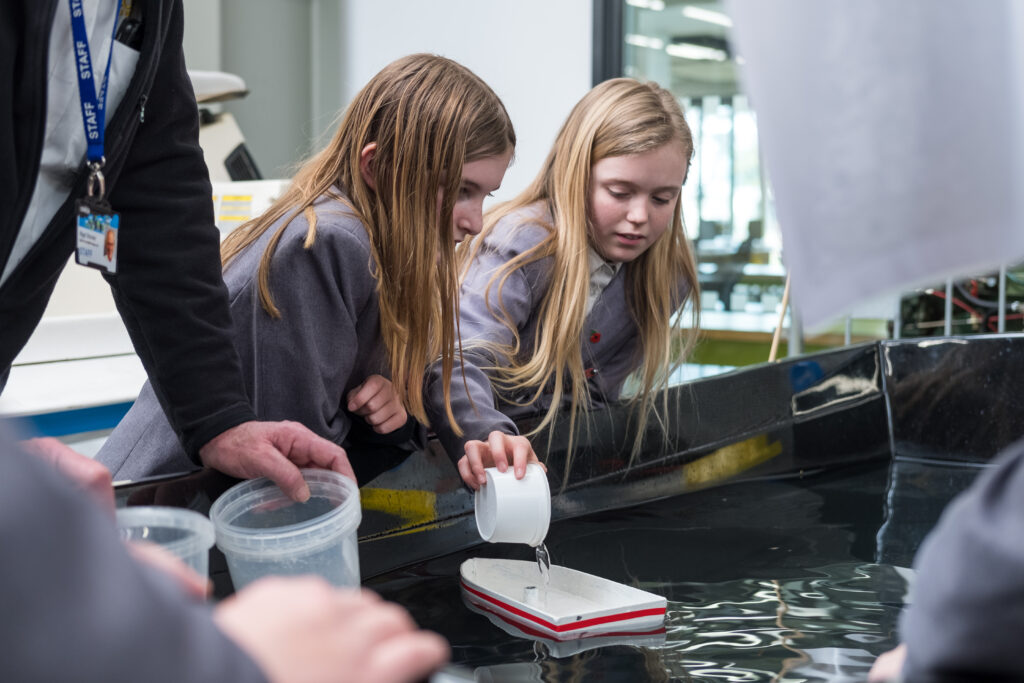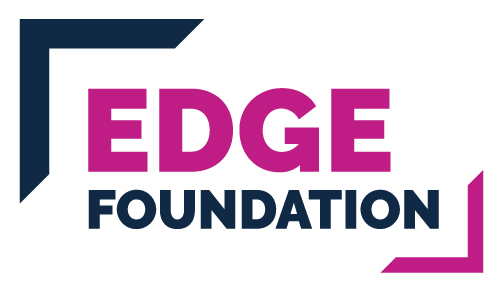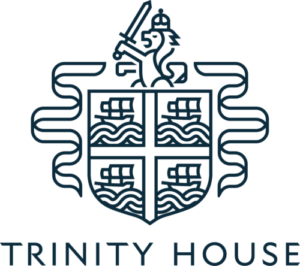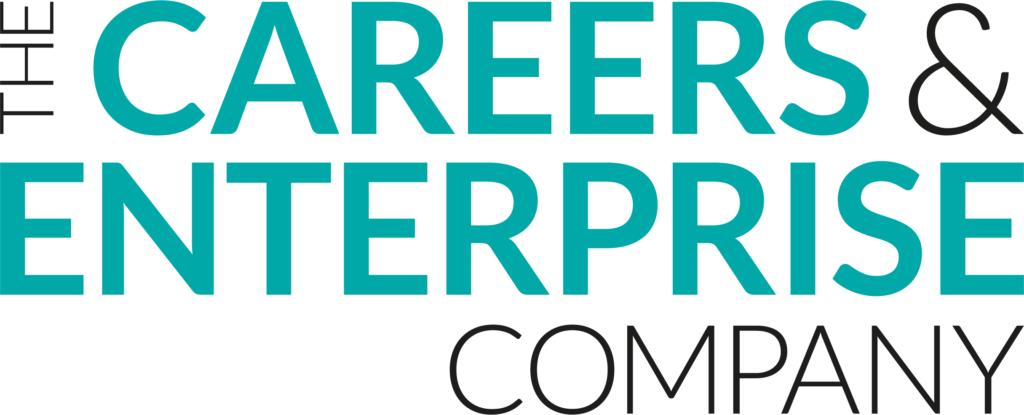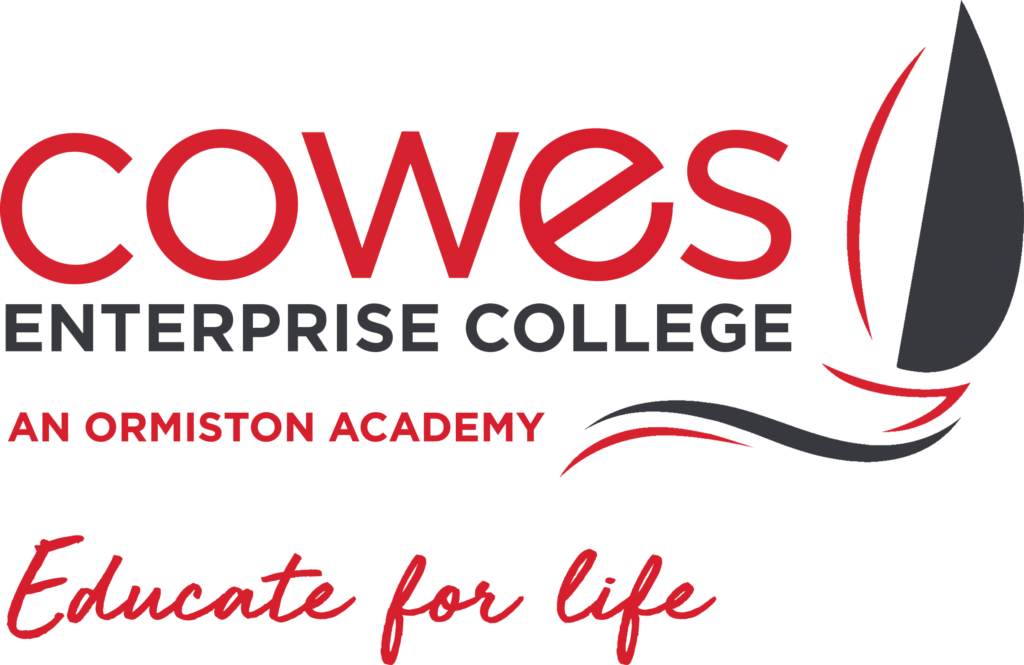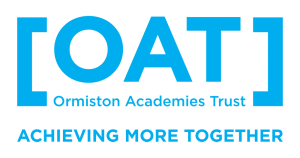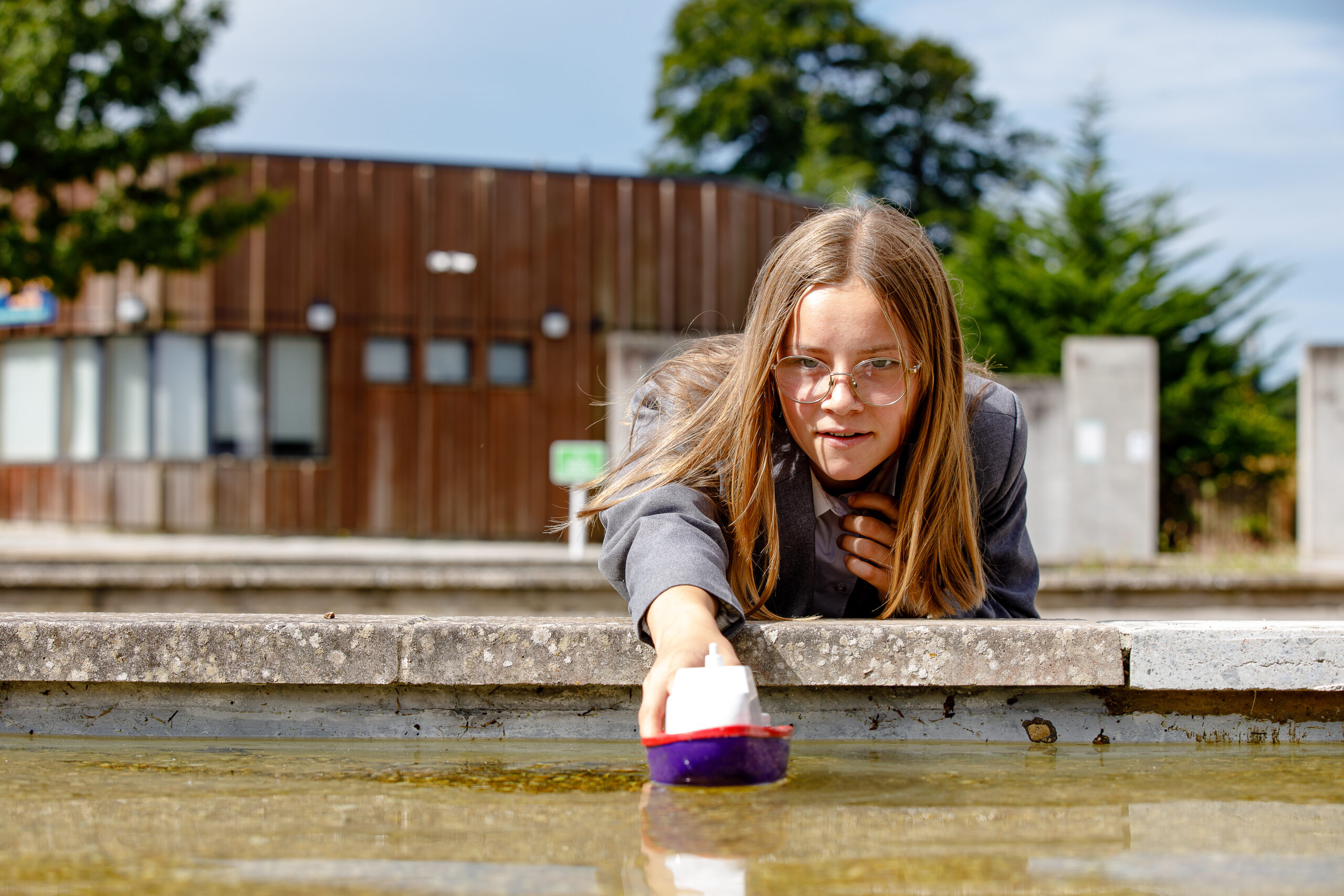
Welcome to
Maritime Futures
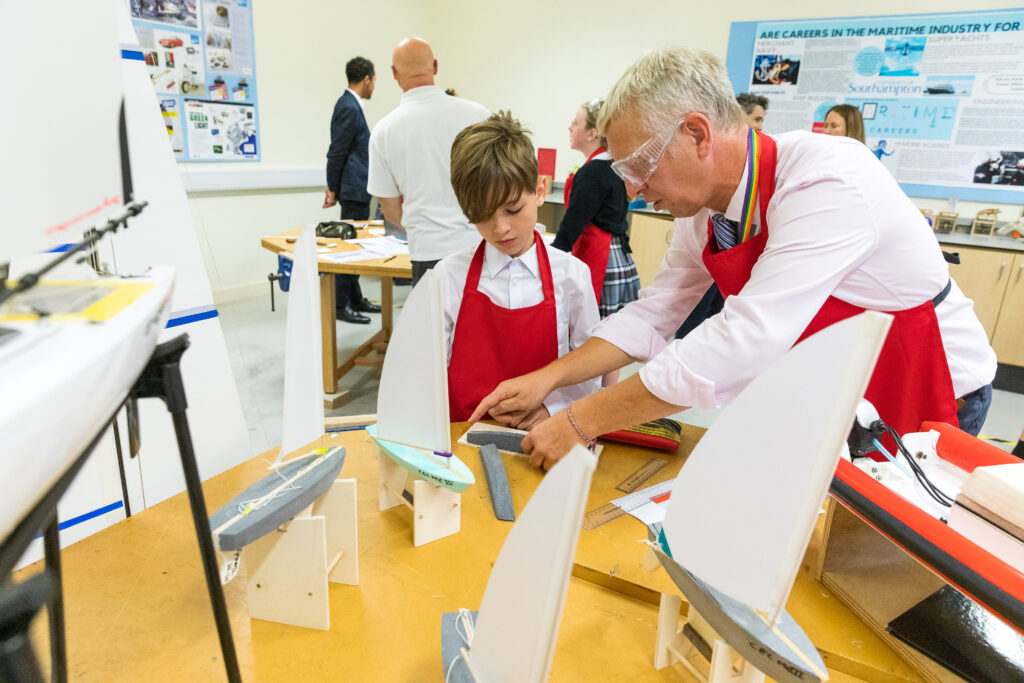
What is Maritime Futures?
Maritime Futures is an integrated curriculum approach at Key Stage 3 pioneered by Cowes Enterprise College on the Isle of Wight. In discrete curriculum subjects (maths, science, geography, history, art) national curriculum content is taught through a maritime lens, using the wealth of exciting learning opportunities the maritime sector presents.
Subject leaders work together so that learning in each discipline reinforces and enhances the learning in other subjects. Students apply the robust knowledge acquired to practical projects. For example students build boats in Design Technology and apply what they have learnt on the physics of buoyancy, drag and variables. Local maritime employers advise on curriculum content and help deliver some lessons. The best way to understand Maritime Futures is to look at our high-level curriculum journey.
Benefits of Maritime Futures?
Running since 2018, Cowes Enterprise College have seen the following benefits of Maritime Futures:
- Increased engagement – greatest for disadvantaged young people
- Increased attainment – greatest for disadvantaged young people
- Helps seamlessly fulfil the Gatsby Benchmarks
- Coherent curriculum and context for learning – subjects work together and reinforce learning in each domain
- Greater appreciation among students of the place they live
- Greater awareness of local employers and employment opportunities
We are also working with Pearson Education to create a brand-new Level 1 / 2 Maritime Tech Award that will be available for teaching in September 2024.

Why Maritime?
As an island nation, maritime has a rich past, vibrant present and bright future. 95% of all goods that arrive or leave the UK do so by sea. The sector is one of the largest UK industries, worth over £116 billion in turnover every year, with lucrative careers that pay more than the UK average. Globally, maritime is forecast to double in size by 2030.
The diversity of maritime provides a rich vein for curriculum content; globalisation, coastal geography, climate change, fuels, design and technology, carbon composites and chemistry, aerodynamics, design, engineering, vectors, digital technology, enrichment – the list goes on and on. Many of these aspects of learning are ones which young people in coastal communities can directly engage with through their local environment and through working with local employers.
Finally, many coastal communities suffer from deprivation and isolation, with disadvantaged young people doing worse than their peers in urban areas. Whilst Maritime Futures is not solely for coastal schools, for schools near the sea, the approach flips their geographic location from being an impediment to an empowerment – opening up the vast potential for learning and careers that maritime offers.
How do we get involved?
We have funding available to support schools to develop their own version of Maritime Futures for their unique local context. The package of support includes:
- Transport and accommodation for a 2-day visit to Cowes Enterprise College on the Isle of Wight to see Maritime Futures in action, hear from senior leaders, curriculum leads and subject leaders.
- Support from a maritime consultant to help you broker links with maritime organisations and businesses in your locality.
- Support from the Maritime Futures curriculum lead at Cowes Enterprise College as well as access to subject leaders.
If you would like to take part or would like further information, please get in touch: [email protected]
